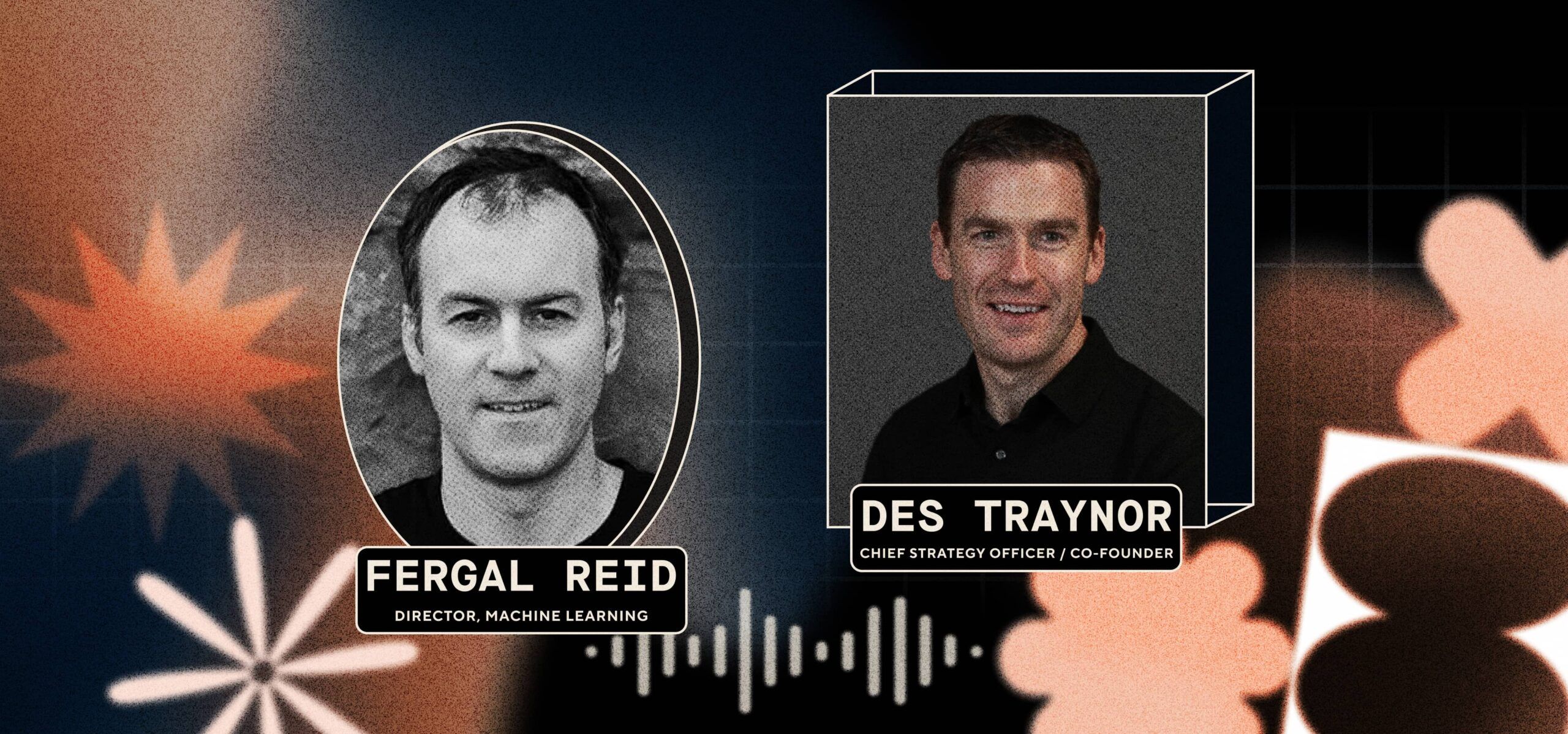Why the industrial metaverse will eclipse the consumer metaverse
The consumer metaverse, exemplified by immersive games, new shopping experiences, and the explosion of virtual reality glasses, is the most visible and high-profile side of the metaverse. But there may be a lot more money to be made in the industrial metaverse, a side most consumers will never see directly. That's the prediction of Michael Inouye, principal analyst at ABI Research.
The company estimates that the industrial metaverse, exemplified by digital twins, augmented field service, and predictive maintenance, could become a $100 billion market by 2030. That's more than the $50 billion consumer and $30 billion enterprise metaverse combined. VentureBeat sat down with Inouye to clarify why the industrial metaverse will grow faster and what the use cases and underlying technology will drive it. This interview has been edited for clarity and brevity.
VentureBeat: How do you define consumer metaverse, enterprise metaverse, and industrial metaverse, and what are the key differences between them?
Inouye: Since there is no universally accepted definition of "metaverse", it may be helpful to give my broader perspective first. If I were to define the metaverse in a single line, it would look something like this:
EventGamesBeat Summit: Into the Metaverse 3
Join the GamesBeat community online, February 1-2, to review the results and emerging trends within the metaverse.
register hereThe metaverse is a confluence of interconnected open platforms bringing together the virtual world and the physical space within a single technological ecosystem.
It brings elements of merging the physical and the virtual, the migration from 2D to 3D, and the interoperability and interconnectivity of the metaverse.
Like others, I believe that the metaverse will not be, and cannot be, created or controlled by anyone, or even a few corporations or entities. Whether or not it becomes the next Internet is debatable, but some of that groundwork is starting to fall into place.
The metaverse doesn't mean that everyone will spend most of their time living in virtual worlds or wearing VR headsets. I'm also not sold on Web3 stuff like NFTs and crypto as the core of the metaverse. While Web3 will certainly be part of the conversation, the development and success of the metaverse is unrelated to this market. In time, the metaverse could be a unifying vision, like the internet, but for now, there are divides.
I view the metaverse as segmented between consumer and enterprise, but the latter can be subdivided to create an industrial metaverse. In this case, we separate non-consumer markets by use case and, to some extent, by industries. For example, digital twins and simulations are better aligned with an industrial metaverse. This includes architectural and construction engineering, manufacturing (automotive, pharmaceuticals, consumer packaged goods and electronics), energy and utilities, aerospace and defense.

The consumer metaverse, exemplified by immersive games, new shopping experiences, and the explosion of virtual reality glasses, is the most visible and high-profile side of the metaverse. But there may be a lot more money to be made in the industrial metaverse, a side most consumers will never see directly. That's the prediction of Michael Inouye, principal analyst at ABI Research.
The company estimates that the industrial metaverse, exemplified by digital twins, augmented field service, and predictive maintenance, could become a $100 billion market by 2030. That's more than the $50 billion consumer and $30 billion enterprise metaverse combined. VentureBeat sat down with Inouye to clarify why the industrial metaverse will grow faster and what the use cases and underlying technology will drive it. This interview has been edited for clarity and brevity.
VentureBeat: How do you define consumer metaverse, enterprise metaverse, and industrial metaverse, and what are the key differences between them?
Inouye: Since there is no universally accepted definition of "metaverse", it may be helpful to give my broader perspective first. If I were to define the metaverse in a single line, it would look something like this:
EventGamesBeat Summit: Into the Metaverse 3
Join the GamesBeat community online, February 1-2, to review the results and emerging trends within the metaverse.
register hereThe metaverse is a confluence of interconnected open platforms bringing together the virtual world and the physical space within a single technological ecosystem.
It brings elements of merging the physical and the virtual, the migration from 2D to 3D, and the interoperability and interconnectivity of the metaverse.
Like others, I believe that the metaverse will not be, and cannot be, created or controlled by anyone, or even a few corporations or entities. Whether or not it becomes the next Internet is debatable, but some of that groundwork is starting to fall into place.
The metaverse doesn't mean that everyone will spend most of their time living in virtual worlds or wearing VR headsets. I'm also not sold on Web3 stuff like NFTs and crypto as the core of the metaverse. While Web3 will certainly be part of the conversation, the development and success of the metaverse is unrelated to this market. In time, the metaverse could be a unifying vision, like the internet, but for now, there are divides.
I view the metaverse as segmented between consumer and enterprise, but the latter can be subdivided to create an industrial metaverse. In this case, we separate non-consumer markets by use case and, to some extent, by industries. For example, digital twins and simulations are better aligned with an industrial metaverse. This includes architectural and construction engineering, manufacturing (automotive, pharmaceuticals, consumer packaged goods and electronics), energy and utilities, aerospace and defense.
What's Your Reaction?














![Three of ID's top PR executives quit ad firm Powerhouse [EXCLUSIVE]](https://variety.com/wp-content/uploads/2023/02/ID-PR-Logo.jpg?#)







